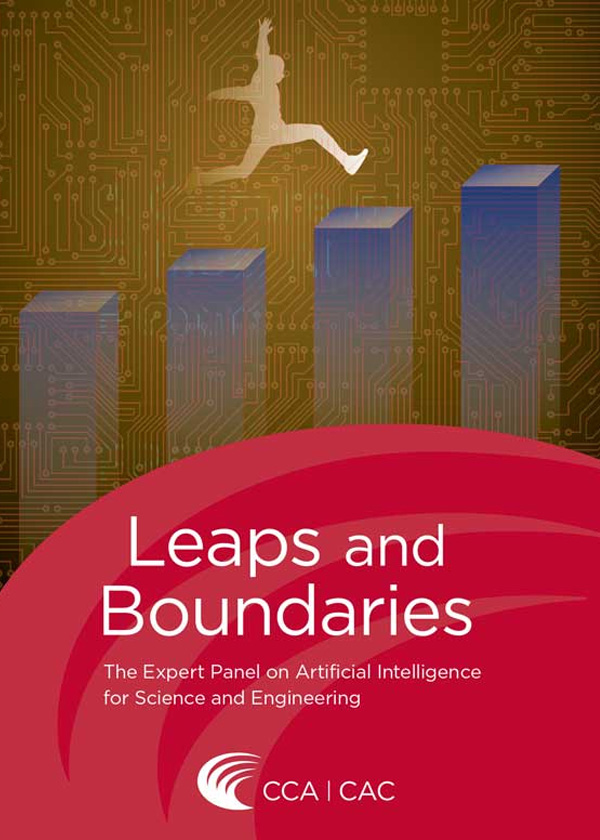By: CIFAR
1 May, 2022

May 2022
From a technical standpoint, the development and deployment of AI systems for these purposes have been spurred by algorithmic advances, as well as access to vast and growing amounts of data. Given the scientific foundation of innovations that become widely used products and services, the implications of applying AI to the scientific discovery process are bound to be significant.
Recognizing the opportunities, challenges, and implications of applying AI to science and engineering, the National Research Council of Canada (NRC), with support from the Canadian Institute for Advanced Research (CIFAR), Canadian Institutes of Health Research (CIHR), Natural Sciences and Engineering Research Council (NSERC), and Social Sciences and Humanities Research Council (SSHRC), asked the Council of Canadian Academies (CCA) to convene an expert panel to answer the following question:
What are the legal/regulatory, ethical, social, and policy challenges associated with deploying artificial intelligence technologies to enable scientific/engineering research design and discovery in Canada?
In response to this request, the CCA assembled a multidisciplinary and multisectoral panel of experts in law, ethics, humanities, applied science, industry, and policy who met virtually five times over the course of 2021 and 2022 to evaluate the evidence and address its charge.
